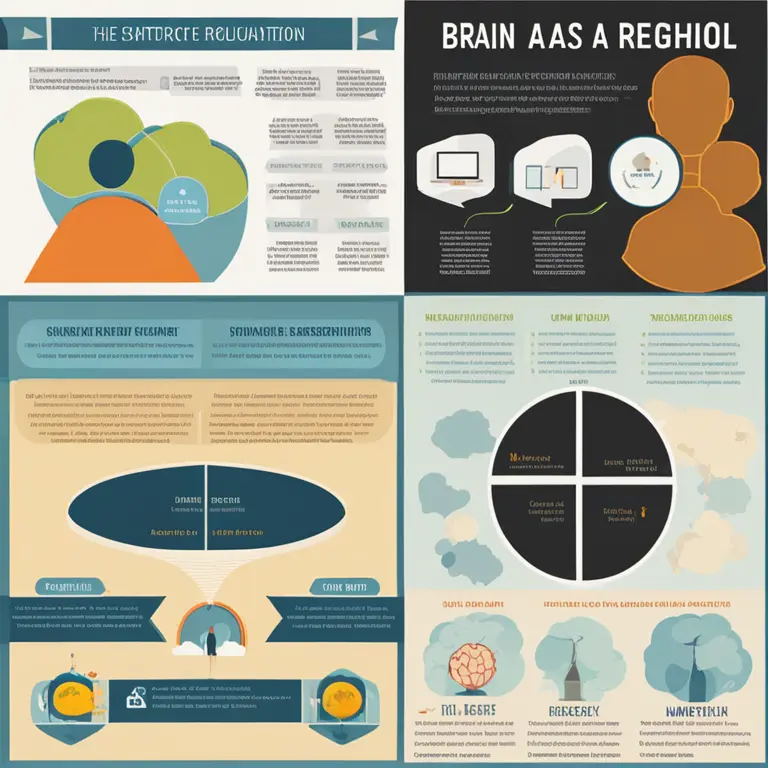
Mindfulness Meditation for ADHD Management
Discover how mindfulness meditation can become a supplementary practice for managing ADHD symptoms, enhancing focus, and fostering calmness.
article by Hina Kurosawa
Meditation as a Complementary Practice for ADHD
Meditation, particularly mindfulness meditation, has been a subject of growing interest in the context of Attention Deficit Hyperactivity Disorder (ADHD). While medication and behavioral therapies are mainstream in managing ADHD, meditation is emerging as a valuable complementary practice. Interest in mindfulness has spiked in recent years, with the advent of digital mindfulness applications and a greater emphasis on holistic wellness practices. In the sphere of ADHD, there is an understanding that the ability to train focus and foster calmness through meditation can be particularly beneficial.

Understanding ADHD and its Core Challenges
ADHD is characterized by patterns of inattention, hyperactivity, and impulsiveness that impact everyday functioning. The condition is not limited to children, affecting adults as well, posing challenges in various aspects of life including work, relationships, and self-esteem. Traditional treatments have primarily included pharmacological interventions and behavioral therapies, but the holistic approach to mental health encourages integrative strategies that involve the mind, body, and lifestyle.

Neuroscience Behind Meditation and Focus
Neuroscience research in the past few years has shed light on how meditation impacts the brain. Studies suggest that regular meditation practice can lead to changes in brain areas associated with attention, executive function, and emotional regulation. Key among these is the prefrontal cortex, which shows enhanced activity and connectivity in individuals who meditate regularly. This is particularly relevant for ADHD, as these brain functions are often inconsistent in those with the condition.

Meditation Techniques Suitable for ADHD
Several meditation techniques are deemed suitable for those with ADHD due to their focus on awareness and attention. Mindfulness-based meditation encourages participants to focus on the present moment, noticing thoughts, feelings, and sensations without judgment. Walking meditation can be especially beneficial for those who find stillness challenging, as it combines physical movement with mindful awareness. Additionally, guided visualizations can help maintain focus and offer structured mental engagement.
The Challenge and Benefit of Forming a Habit
For individuals with ADHD, developing a routine can be particularly challenging due to issues with consistency and perseverance. However, the benefits of forming a meditation habit are significant. Incremental practice, starting with a few minutes each day, can yield results over time. The practice can be started at any point during the day, though many find meditating during the morning or before bed to be most beneficial, as it can set the tone for the day or promote relaxation before sleep.
Research and Results on Meditation for ADHD
Research into meditation's effectiveness for ADHD is ongoing, with promising outcomes. Recent studies show that individuals with ADHD who engage in a consistent meditation practice report improvements in attention, behavior regulation, and stress relief. Although meditation is not a cure for ADHD, it is becoming recognized as a tool that can help individuals gain more control over their attention and emotional responses.
Incorporating Technology into Meditation Practice
As we progress further into the digital age, the incorporation of technology into meditation practice is becoming more prevalent. Apps and online programs designed specifically for ADHD have sprung up, offering guided meditations, reminders, and progress tracking. Wearable tech geared toward meditation has also seen recent development, providing biofeedback that can enhance mindfulness practice and offer immediate insight into the physiological effects of meditation.
Published: 1/15/2024
Modified: 1/15/2024
More predictions
Come back here soon to learn more about yourself and your future


Easing Loneliness with Mindfulness Meditation
Explore how mindfulness meditation can provide solace and connection to alleviate the feelings of loneliness.


Harmonizing Life with Meditation Mantras
Delve into the transformative power of meditation mantras to align mind, body, and spirit for a harmonious existence.


Mindfulness Meditation Basics for First Graders
Introducing foundational mindfulness meditation practices to instill calm and focus in first-grade students.